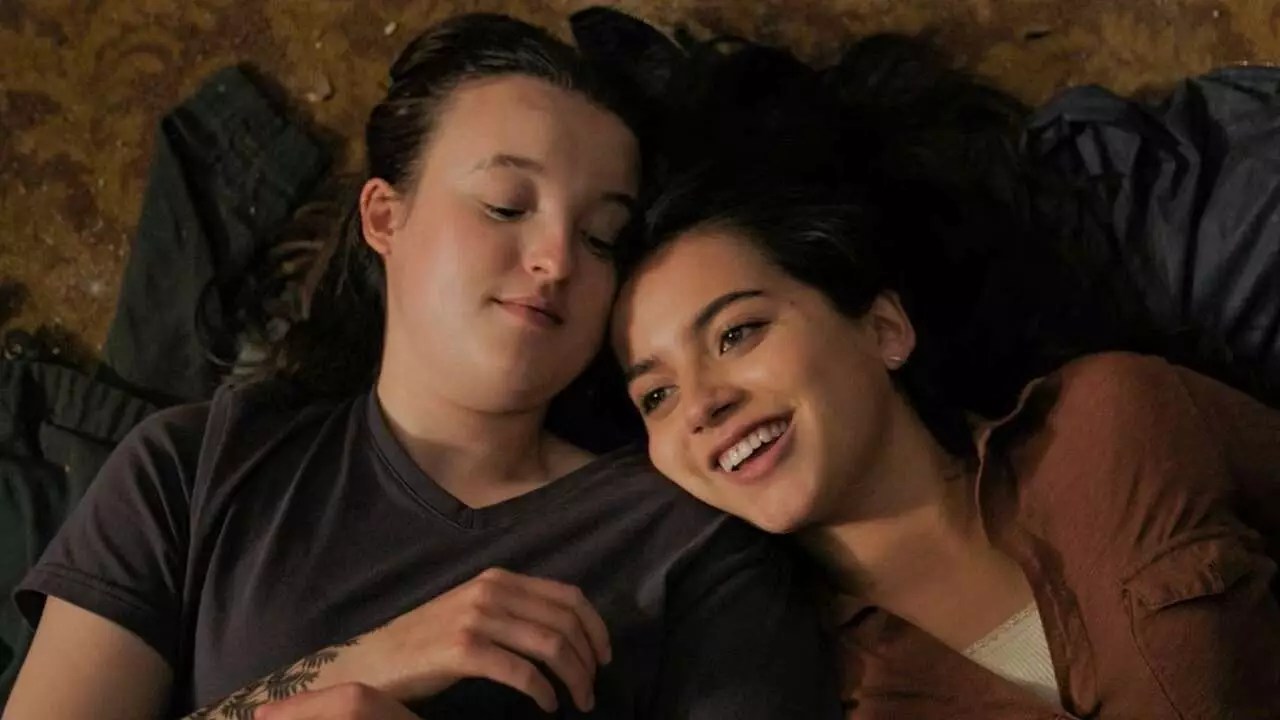HBO’s *The Last of Us* has transcended the realm of gaming to carve out its own identity in television history. The series, based on the critically acclaimed video game, immerses audiences in a post-apocalyptic landscape dominated by fungal infection and human struggle. By successfully integrating profound storytelling with striking visuals and powerful performances, it filled the void left by other epic series like *Game of Thrones*. As Season 2 unfolded, it not only captivated long-time fans but also introduced a new demographic to its haunting narrative and complex characters. However, with popularity comes a price, and the show’s reception has sparked intense debate regarding the direction of its storytelling.
Critics vs. Viewers: A Divided Landscape
Despite earning a “must watch” badge on Metacritic and favorable reviews from critics, the user scores paint a remarkably different picture. An overwhelming percentage of user ratings reflect a backlash largely based on perceived ideological shifts—including discontent about the representation of characters and themes deemed “woke.” This situation highlights a troubling trend where audiences feel entitled to dictate the narrative based on their personal preferences rather than engaging with the story on its own terms. Thus, while critics laud the show’s complexity, many casual viewers express dissatisfaction, indicating a chasm between artistic vision and audience expectation.
Nuance in Storytelling
The recent episode titled “Day One” showcases significant character development while remaining faithful to its gaming origins. In this episode, we witness Ellie and Dina embark on a romantic adventure through a ravaged Seattle. The scene where Ellie serenades Dina with A-ha’s “Take On Me” is not only a nostalgic tribute to the original game but also an embodiment of vulnerability in a hostile world. The complexities introduced—such as Dina’s pregnancy and the emotional weight it carries—add layers to the narrative that go beyond mere survival in a desolate environment.
Yet, this nuanced storytelling has been met with backlash, judged harshly by viewers who do not appreciate the juxtaposition of romance and annihilation. The showrunners have taken creative risks to expand emotional themes and relationships, enhancing the show’s richness. Still, the pushback highlights an unfortunate failure of some viewers to engage with the material in a more thoughtful manner, choosing instead to condemn the series based on rigid expectations.
Unpacking the Review Bombing Phenomenon
This isn’t the first incident of review bombing aimed at *The Last of Us*. The show faced an uproar during Season 1 following the portrayal of Bill and Frank’s relationship, an episode that ultimately solidified the show’s capacity for redefining love in extreme circumstances. It seems that any deviation from traditional norms incites anger in some viewer brackets, resulting in a collective backlash that undermines the artistic mission. As cultural conversations around representation evolve, many fans grapple with shifts they aren’t prepared to accept. This impasse raises questions about the inclusivity of entertainment and what it truly means to tell diverse stories in a contemporary setting.
The Impact of Fandom on Creativity
The duality of critical acclaim versus audience rejection indicates a compelling factor in modern entertainment—fandoms can either fortify a show’s creative decisions or hinder its potential to evolve. As art continually mirrors society, the reactions and interpretations of fans can create overwhelming pressure on creators to adhere to specific narratives that resonate with their audience. However, the beauty of storytelling lies in its fluidity and capability to challenge norms, fostering greater empathy and understanding among viewers.
Unfortunately, this sentiment is often eclipsed by the vocal factions clamoring for a return to ‘traditional’ stories, raising concerns around the limitations fans impose on creative narratives. By advocating for authenticity over ideology, *The Last of Us* stands at the crossroads of artistic integrity and the demands of its fandom. This ongoing struggle ultimately enriches its narrative fabric, inviting audiences to explore what makes us human even in a world teetering on the brink of collapse.


Leave a Reply